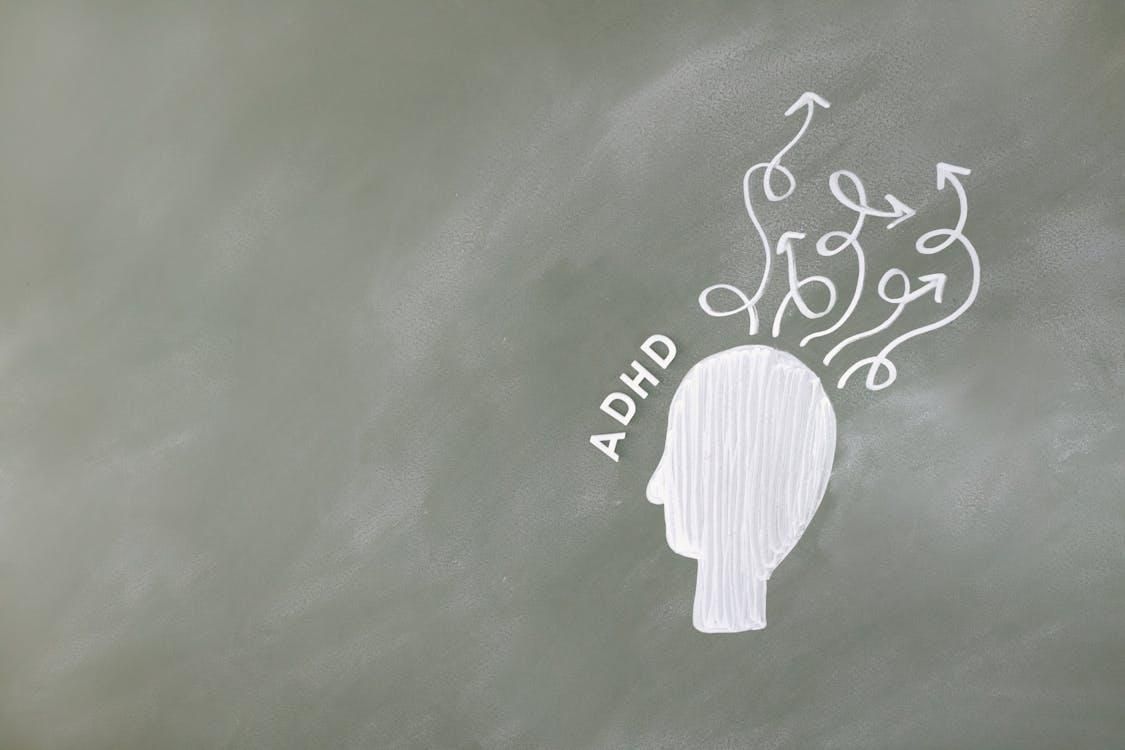Unmasking the Mind: Demystifying Bipolar Disorder
Bipolar disorder, often referred to as manic depression, is a complex and multifaceted mental health condition that affects millions of individuals worldwide. Characterized by extreme mood swings, it can be a challenging and often perplexing condition to navigate.
Let’s shed some light on bipolar disorder, providing insights into understanding and managing this intricate condition to lead a more balanced and fulfilling life.
Understanding the Bipolar Spectrum
One of the fundamental keys to demystifying bipolar disorder is recognizing that it exists on a spectrum. It's not a one-size-fits-all diagnosis; rather, it encompasses a range of mood variations. At one end of the spectrum, individuals experience manic episodes characterized by heightened energy, euphoria, and impulsive behavior.
On the other end, depressive episodes bring profound sadness, lethargy, and a loss of interest in previously enjoyed activities. Many individuals fall somewhere in between, and understanding where one falls on this spectrum can be instrumental in tailoring an effective treatment plan.
Recognizing the Signs and Symptoms
To unmask bipolar disorder, one must first learn to recognize its signs and symptoms. Manic episodes often manifest as a rush of ideas, increased talkativeness, decreased need for sleep, and sometimes risky behaviors. Depressive episodes, on the other hand, bring forth persistent sadness, fatigue, irritability, and thoughts of worthlessness. Individuals can seek early intervention and support by identifying these shifts in mood and behavior.
The Importance of Diagnosis
Diagnosis is the cornerstone of managing bipolar disorder. Many individuals struggle for years without understanding the nature of their condition. A proper diagnosis offers validation and clarity, providing insight into the nature of the disorder and guiding treatment decisions. It is crucial to consult a qualified mental health professional who can conduct comprehensive assessments, including interviews and mood tracking, to establish an accurate diagnosis.
Effective Treatment Strategies
There is no one-size-fits-all approach to treating bipolar disorder. Treatment plans are highly individualized and may include a combination of psychotherapy, medication, and lifestyle adjustments. Psychotherapy, particularly cognitive-behavioral therapy (CBT), can help individuals develop coping strategies, recognize triggers, and stabilize their moods. Medications like mood stabilizers, antipsychotics, and antidepressants are often prescribed to manage symptoms effectively.
The Role of Lifestyle Factors
In addition to therapy and medication, lifestyle factors play a pivotal role in managing bipolar disorder. Establishing a stable daily routine, prioritizing adequate sleep, and engaging in regular exercise can help regulate mood swings. Avoiding alcohol and recreational drug use is essential, as these substances can exacerbate mood instability.
Building a Support Network
Living with bipolar disorder can be challenging, but building a robust support network can make all the difference. Friends and family can offer invaluable emotional support and encouragement. Support groups, in-person or online, provide a sense of community where individuals can share experiences, strategies, and successes.
Reach Out for Support
If you or a loved one is grappling with bipolar disorder, remember that you're not alone. Oasis Of Hope is here to support you on your journey toward balance and well-being.
Our experienced team of mental health professionals offers personalized treatment plans to help you effectively manage bipolar disorder and lead a more balanced, fulfilling life. We also provide addiction treatment, anxiety treatment, and telepsychiatry services.
Contact us to book an appointment today!











